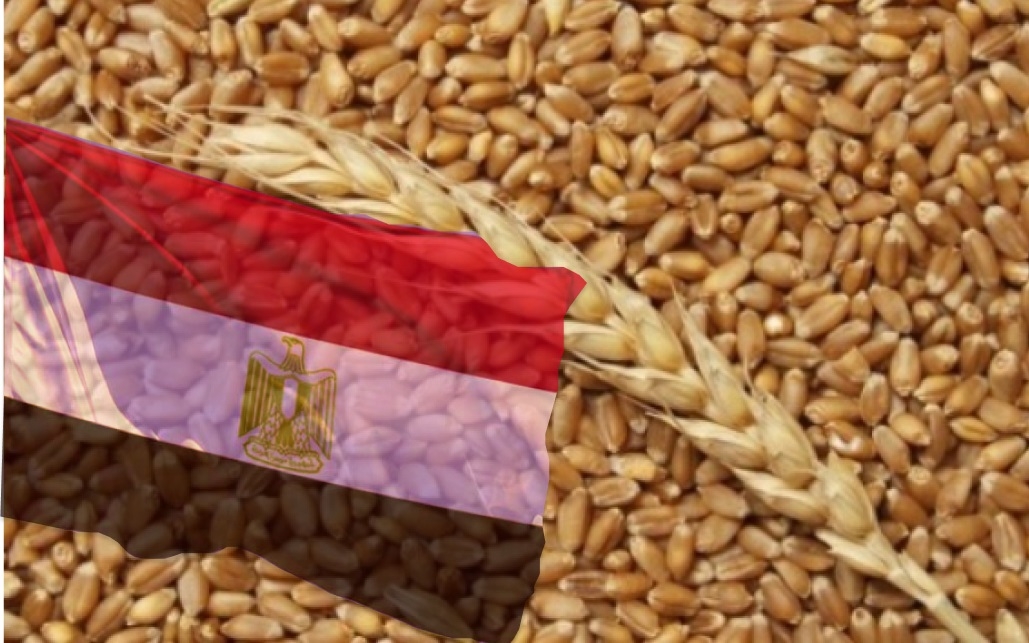Egypt's change in wheat procurement system makes tracking a major segment of global grain trade very difficult

Egypt has not traditionally held public tenders, but traders have had information about offers and sales, giving insight into a sector where physical business is largely conducted privately. But in recent months, after the replacement of the purchasing agency, such information has become unavailable. Traders are now unable to determine the volumes, prices and origins of grain being sold by competitors.
In early December, GASC announced that the procurement will be handled by the Mostakbal Misr Sustainable Development Agency, established by presidential decree in 2020 and still unknown in the wheat market. It has already concluded direct supply agreements, but it is not yet known whether tenders will be held and their frequency.
The new agency's work raises many questions among traders, in particular about its ability to secure the required volumes of wheat, given GASC's lack of experience working with exporters. In November, Mostakbal Misr's attempt to conclude direct supply agreements failed because the terms of the sale were unclear, Bloomberg reported.
But recently, Mostakbal Misr, which was given the authority of GASC at the end of 2024, has concluded agreements with European suppliers for the supply of wheat, including barter, which will allow diversifying food imports. However, the agency does not provide information on the volumes, prices and origin of the grain. So far, it is known that 28 thousand tons of Russian wheat arrived in Egypt for Mostakbal Misr at the end of December, and another 33 thousand tons of grain from the Russian Federation were booked by private agreement in early January.
Egypt is one of the world's largest importers of Russian grain. According to Reuters, in 2024 it purchased 14.7 million tons of wheat on the world market, of which 74.3% were supplied from the Russian Federation.
At the same time, GASC purchased the following batches of wheat in the 2023/24 MY:
- from the Russian Federation – 4.1 million tons,
- Romania – 780 thousand tons,
- Ukraine – 360 thousand tons,
- Bulgaria – 200 thousand tons,
- France – 180 thousand tons,
- other countries – 55 thousand tons.


